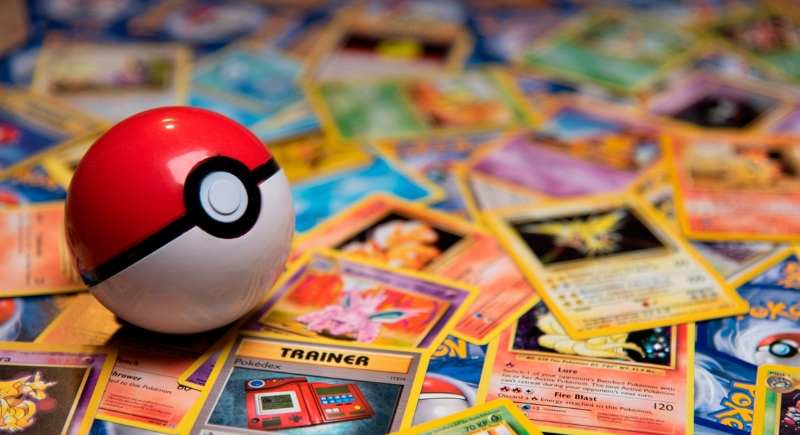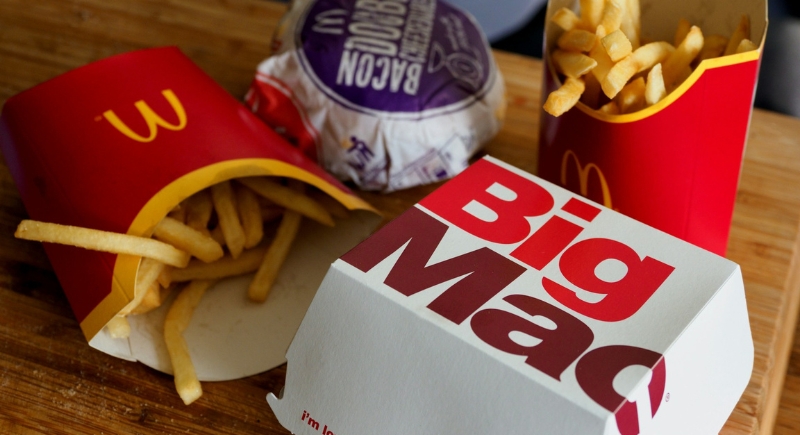McDonald’s Pulls Pokemon Promotion After Reports of Customers Discarding Meals
McDonald’s Japan recently launched a promotional campaign featuring Pokémon trading cards bundled with Happy Meals for a limited three-day run. The promotion was scheduled to last from August 9 to 11, 2025, and customers could purchase the special meals for 500 yen (approximately $3.50) each.
Within 48 hours, McDonald’s had canceled the entire campaign and issued a public apology. The reason reveals a troubling trend in how promotional campaigns can go catastrophically wrong in the digital age.
Overzealous Collectors

Image via Unsplash/Thimo Pedersen
The Pokémon card craze has been building for years, with rare cards selling for thousands of dollars and even standard promotional cards commanding premium prices on resale markets. McDonald’s seemed aware of this interest. To prevent hoarding, they implemented a five-set purchase limit per customer and used their mobile ordering system to manage expected demand.
These precautions proved completely inadequate.
Almost immediately after launch, reports began surfacing of customers purchasing massive quantities of Happy Meals. Some buyers spent 2,000 yen or more, equivalent to dozens of complete meals, in single transactions. The five-set limit was easily circumvented through multiple mobile orders.
But the purchasing scale wasn’t even the most concerning part.
The Waste Problem Changed Everything
Social media posts and news reports quickly revealed a disturbing pattern with customers. They were buying the meals solely for the Pokémon cards and discarding the food entirely. Photos emerged of restaurant counters lined with unopened Happy Meal bags, their contents destined for trash bins. The environmental impact was staggering. Videos showed parking lots scattered with untouched hamburgers, fries, and apple slices.
As the promotion continued, thousands of complete meals were being wasted across Japan. Restaurant employees reported constantly emptying overflowing trash containers filled with perfectly edible food that customers had abandoned after extracting their cards.
This was systematic disposal of food on an industrial scale, all driven by the pursuit of collectible cards worth a few dollars each.
The Economics of Modern Scalping

Image via Unsplash/rupixen
The limited-edition Pokémon cards immediately appeared on online marketplaces for $13 or more—nearly four times their retail price when bundled with a meal. This markup made it profitable for scalpers to purchase large quantities of Happy Meals. Reports even indicated organized operations involving buyers from across Japan and international scalpers who saw profit opportunities in McDonald’s artificial scarcity.
McDonald’s promotion had effectively excluded its intended audience of families with children who wanted Pokémon cards. Parents found stores cleaned out by scalpers before most regular customers knew the promotion existed.
Corporate Response and Damage Control
Faced with mounting criticism over environmental waste and negative social media coverage, McDonald’s Japan decided to end the promotion early. On August 11, just two days into the planned three-day campaign, the company issued an official statement citing “higher-than-expected sales” as the reason for termination.
However, no amount of corporate language could obscure the real issue. McDonald’s acknowledged that customers were purchasing large quantities of Pokémon to resell and apologized to disappointed customers who had been unable to participate in the promotion.
Broader Implications

Image via Unsplash/Brett Jordan
The McDonald’s Pokémon debacle highlights fundamental problems with how companies approach limited-edition promotions in the current digital economy. Traditional scarcity-based marketing assumes that high demand translates to positive brand engagement and customer satisfaction, which is not always true. Moving forward, businesses must develop more sophisticated approaches, including digital alternatives to physical collectibles and stronger verification systems.
For McDonald’s Japan, the immediate challenge is rebuilding trust with customers who are disappointed by the early cancellation. The longer-term challenge is proving to regulators that they can prevent the kind of chaos and waste that turned a simple Happy Meal campaign into an environmental and ethical controversy.